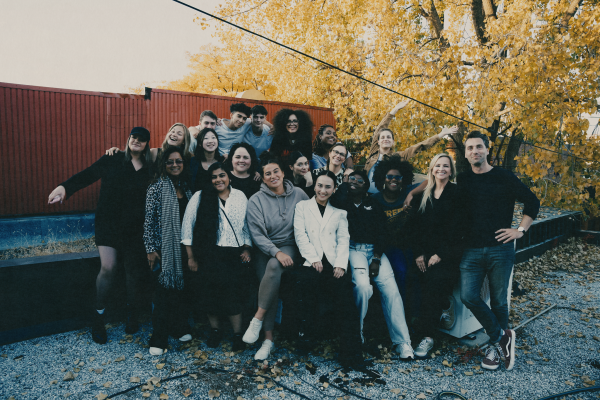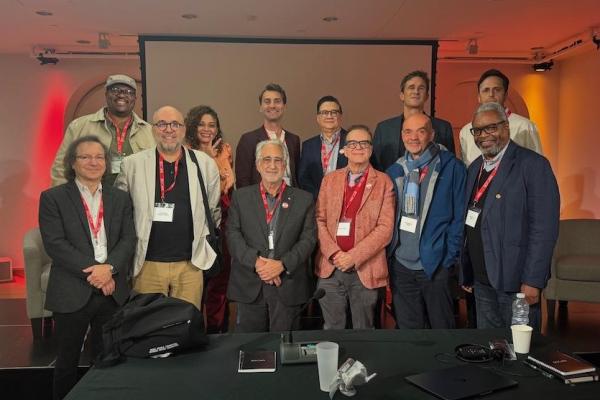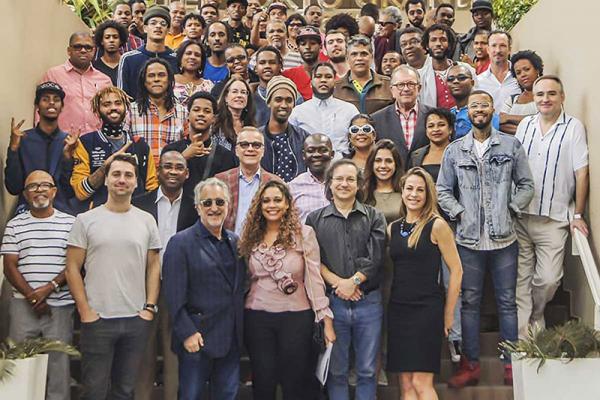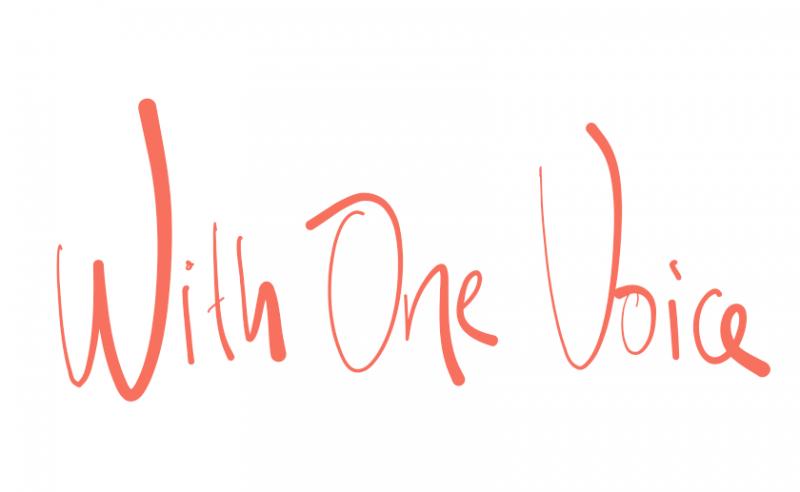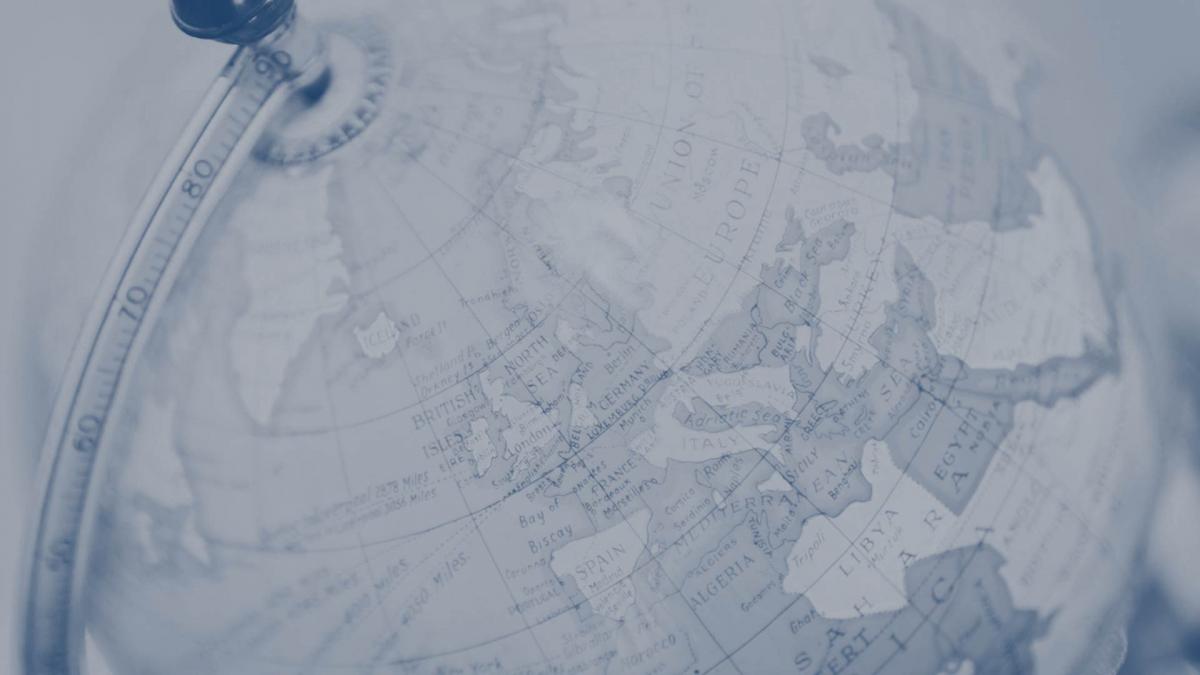
The global unified voice of music creators
About CIAM
The International Council of Music Creators (CIAM) was created in 1966 to advocate for the cultural and professional aspirations of music creators. CIAM focuses on economic and legal interests, serves as a forum for the exchange of information, ideas and best practices, and provides practical advice to help musical creators achieve their goals.
CIAM’s mission is to serve as the unified global voice of music creators of all repertoires, and from all regions of the world. We focus on four key areas to protect the moral and economic rights of composers and creators of music
We support our partner alliances
Amplifying the voice of music creators from each corner of the globe
We advocate for music creators
Lobbying governments to protect and promote the rights of music creators
We provide insight and education
Sharing updates and educational resources on high priority topics
We support collective management
Promoting transparent, equitable payment of music creators’ royalties
50+ Years of CIAM History
Early Years
Founded in 1966, CIAM began primarily as a European organisation with only an occasional presence of creators from elsewhere in the world.
As the European Union expanded and a new continental government structure was formed, music creators including CIAM members identified a need for a wider independent lobbying effort to promote cultural projects at the European Parliament.
In 2007, this resulted in the official foundation of the European Composer and Songwriter Alliance (ECSA).
2010: The Seville Strategy
The success of ECSA showed that it was possible to unify the voice of music creators across a range of issues at the European level. In 2010, CIAM’s Executive Committee broadened its reach by officially adopting a global focus called the Seville Strategy.
The Seville Strategy sought to:
- Stimulate and support the birth of new continental alliances based on the ECSA model (democratic, all repertoire, representative) in order to become global and to be representatives for countries that did not have the means to send a creator to a CIAM congress;
- Bring the unified voice of music creators to local governments, WIPO and the CISAC Board of Directors;
- Seek independent financing to reach the above goals.
2011: Global Cooperation
The first ever non-Europe CIAM congress took place in Kenya in March 2011, attracting creators from Africa, Europe and Latin America to Nairobi. The congress led to CIAM committing itself to the Pan-African Composers’ & Songwriters’ Alliance (PACSA). PACSA had been founded in 2010 in Dakar, Senegal as union of 25 music composer and songwriter associations representing different African countries.
PACSA seeks to combat piracy and support copyright in Africa through lobbying the governments these countries. The alliance also raises public awareness of creators’ rights issues, and works to ensure that African songwriter and composers are on global agendas with alliance partners CISAC, WIPO and UNESCO.
2012: The Americas
In 2012, two new parts of the world joined CIAM: Alliance of Latin American Creators of Music (ALCAM) and Music Creators North America (MCNA)
Along with activities similar to its sister alliances, ALCAM also moves the cultural and economic value of Latin American music to the fore, encouraging the development of educational policies while facilitating meeting and sharing information among Latin American composers and songwriters.
MCNA is comprised of independent songwriter and composer organisations advocating for North America’s creator community. This alliance is focused on a wide range of issues and challenges facing the professional music creator community in the US and Canada, as well as fair remuneration in the digital era.
2016: Asia-Pacific
Asia-Pacific rounds out creator alliances.
In order to truly become the global music creator voice on a local level, the Asia-Pacific Music Creators Alliance (APMA) was established and joined CIAM during the World Creators Forum in Beijing in 2016.
2018: CIAM 3.0
This initiative was developed in Warsaw in the Spring of 2018, and ratified at the CIAM General Assembly in Mexico City October 2018 summarizes CIAM’s goals for the coming years. Those goals include:
- Proactively engaging the next generation of music creators,
- Promoting gender equity,
- Improving communication and branding,
- Strengthening our Partner Alliances in Asia-Pacific, Africa, Latin America, North America and Europe
- Promoting good relations with music publishers and other rights holders
- Develop and expand Fair Trade Music
Executive Committee and Representatives
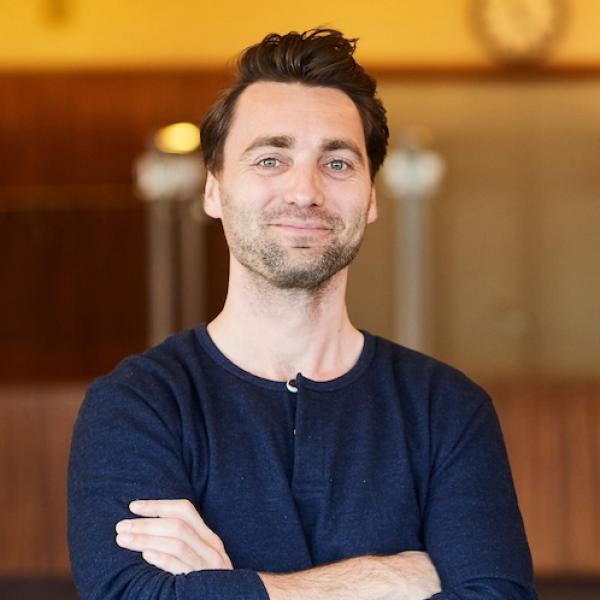
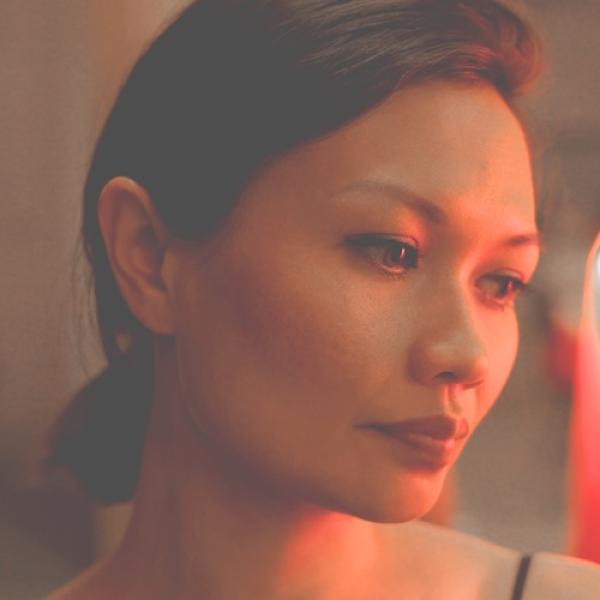

SONGWRITER, PRODUCER, MEXICO
EXCO MEMBER
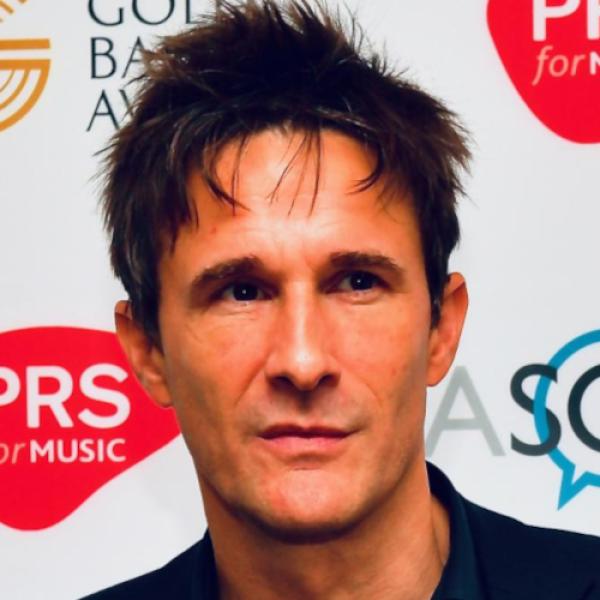
SONGWRITER AND PRODUCER
UNITED KINGDOM
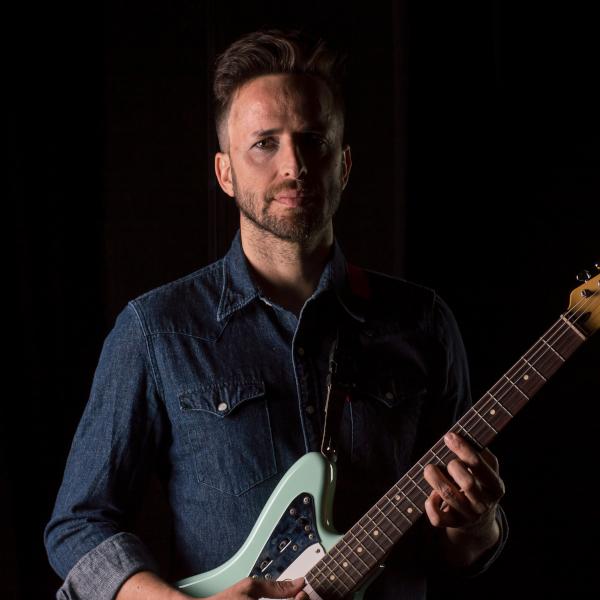
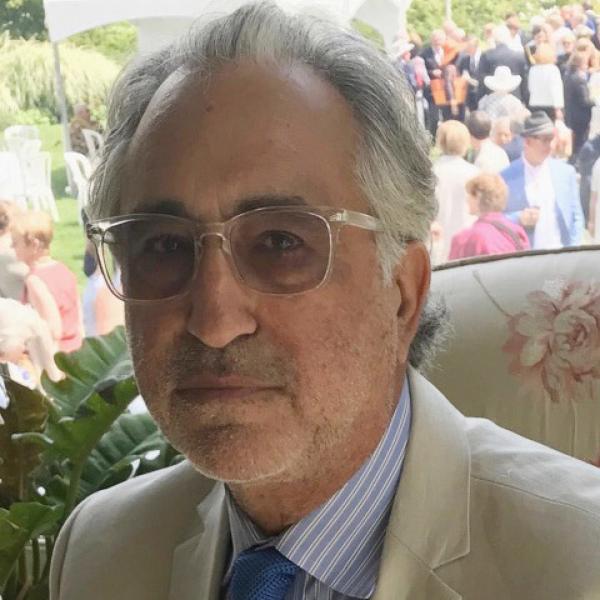
MCNA REP.
Songwriter, Canada
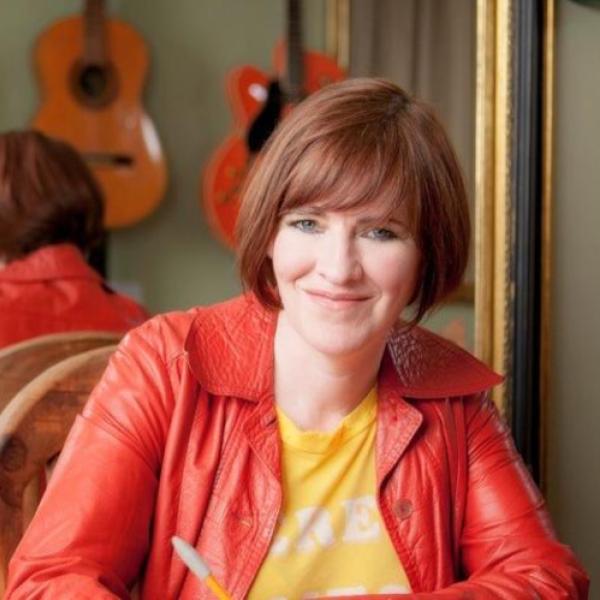
SINGER-SONGWRITER
IRELAND
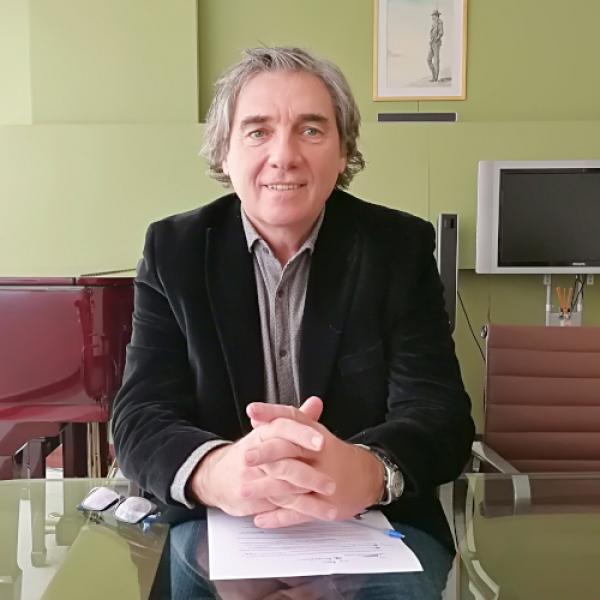

SONGWRITER, BRAZIL
VICE PRESIDENT, ALCAM REP.
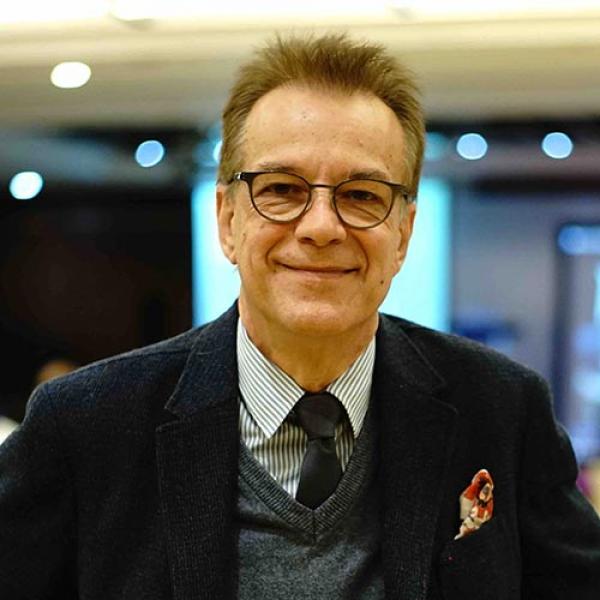
HONOURARY PRESIDENT
Composer, Italy

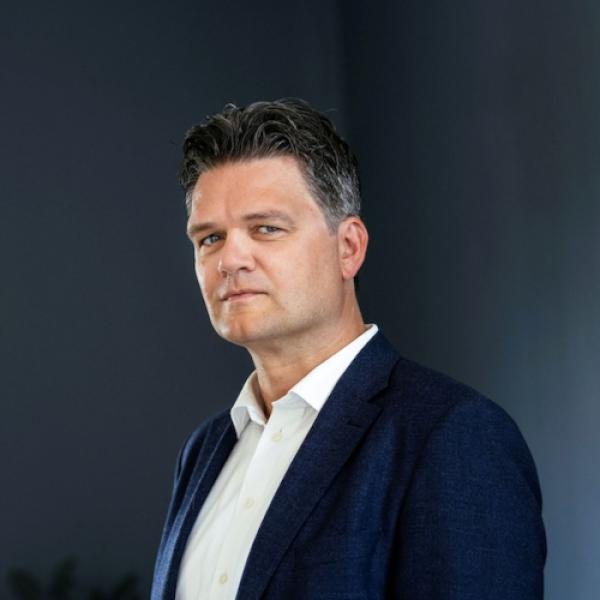
SONGWRITER, PRODUCER, NORWAY
ECSA REP.


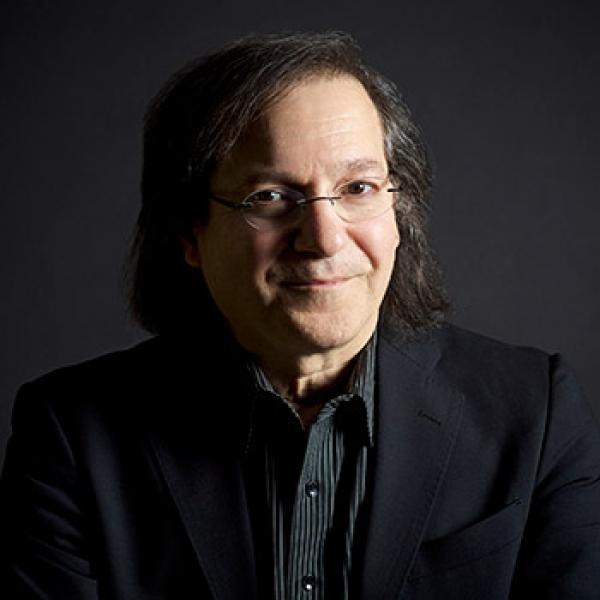
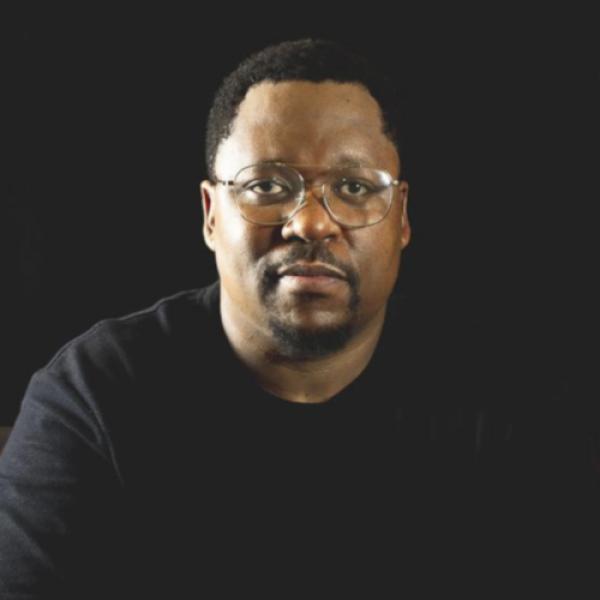
SINGER-SONGWRITER, MUSIC EXECUTIVE
SOUTH AFRICA
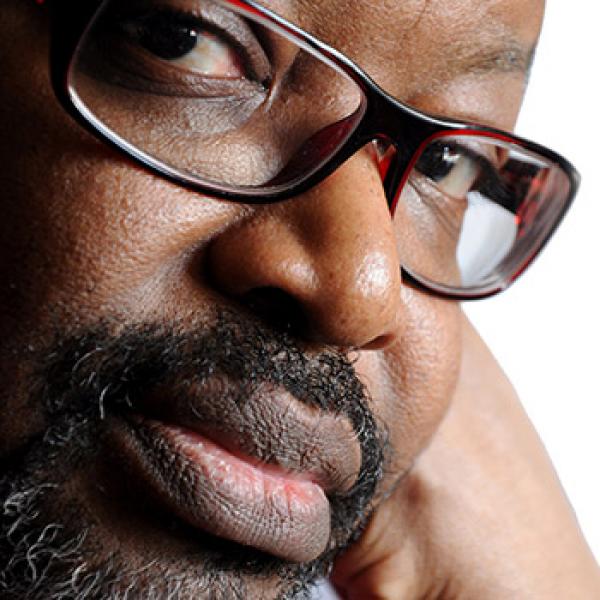
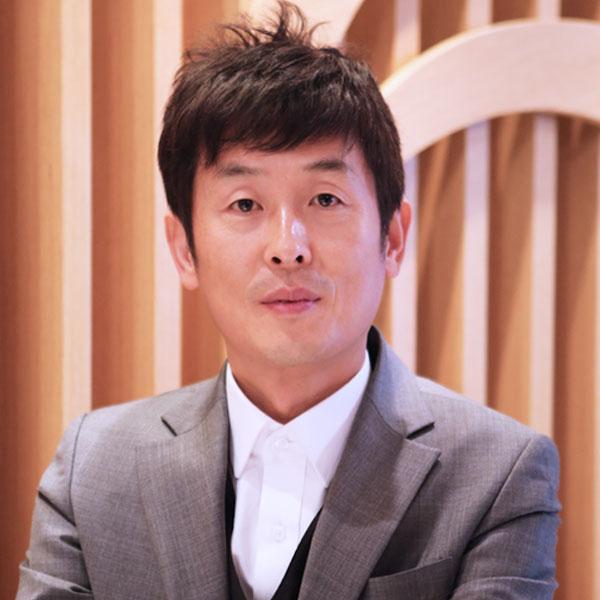
COMPOSER, KOREA
APMA REP.

